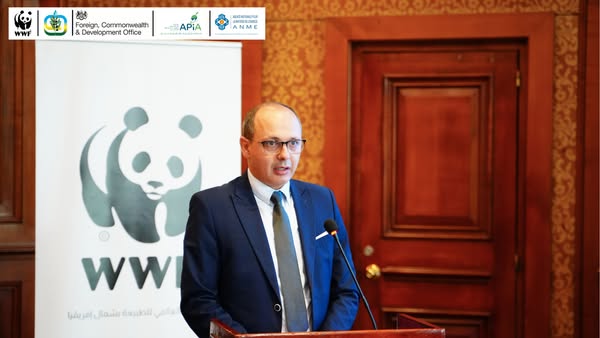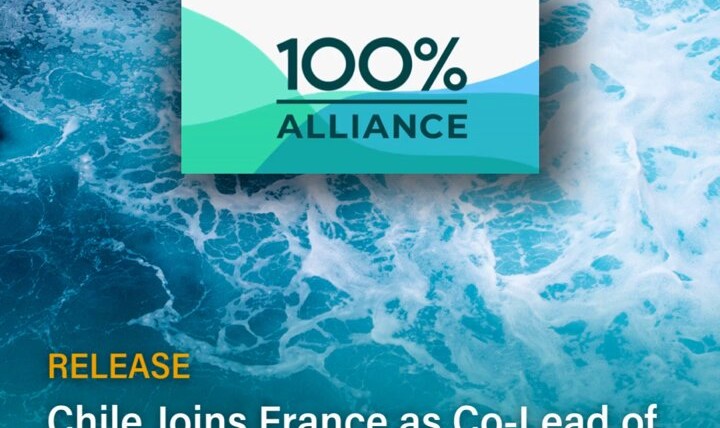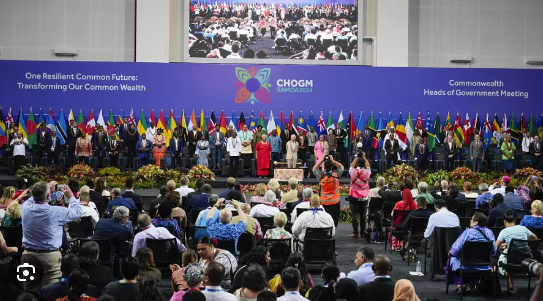The World Wide Fund for Nature (WWF) North Africa, in partnership with the British Embassy in Tunis and the General Directorate of Fisheries and Aquaculture, has launched a pioneering pilot project aimed at introducing electric engines into small-scale coastal fishing. This concrete step seeks to reduce carbon emissions and strengthen the resilience of coastal communities.
The one-year project is funded by the UK government through the Foreign, Commonwealth & Development Office (FCDO) and implemented in collaboration with the National Agency for Energy Conservation (ANME), the Agricultural Investment Promotion Agency (APIA), several fishing cooperatives, solar energy providers, and local financial institutions.
The main objective is to promote the adoption of electric engines in the Gulf of Gabes to reduce fuel consumption, emissions, and noise pollution, while easing the financial burden on fishers and helping protect marine biodiversity.
The project has strong official backing from the Tunisian government, ensuring its alignment with national priorities in energy transition and marine resource conservation. WWF North Africa will be responsible for monitoring and documentation to ensure the experience can be scaled up in the future.
This initiative is not limited to environmental goals; it also supports coastal communities, fosters innovation, and promotes gender equality, through an effective international partnership that combines expertise and a shared vision.
The launch event brought together stakeholders and partners to discuss the project’s vision, the social and economic challenges facing the fishing sector, and future opportunities for transitioning to more sustainable practices.
Elizabeth Green, Deputy Head of Mission at the British Embassy in Tunis, said:
“This initiative marks an important step towards a cleaner and more sustainable future. We are not only reducing emissions but building collaborative models that support communities and protect nature.”
Jemal Gharbi, Director of WWF North Africa, added:
“This challenge opens the door to a series of positive changes: reducing fuel consumption means greater income for fishers and less carbon in the atmosphere. It’s a win-win equation for both nature and communities.”


Source: WWF North Africa




